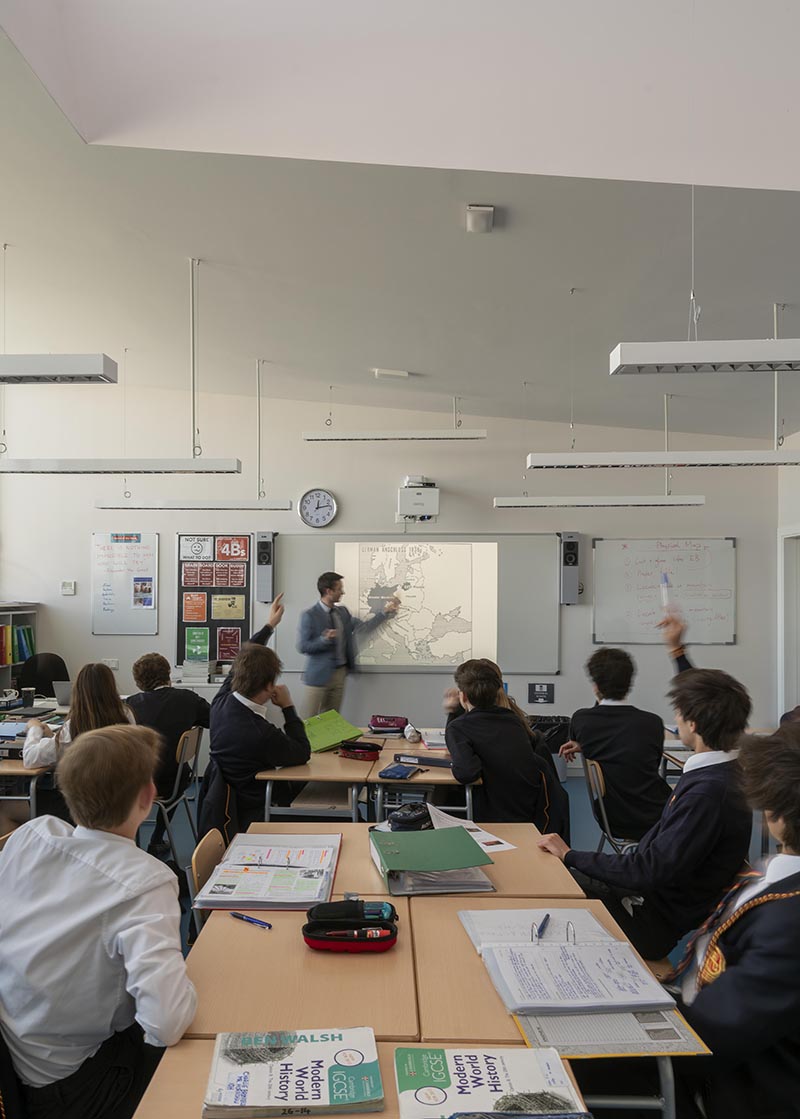History
The History Department aims to instil in all students a keen interest in the past and an enthusiasm for studying History by providing a stimulating curriculum which, within a supportive environment, challenges them to work to the best of their ability and:
- By helping students develop the tools with which to research independently.
- By exploring key phases of world history that are meaningful and relevant to our student body.
- By introducing students to a wide variety of political, military, social and economic history.
- By encouraging independent analysis through debate and critical writing.
- By developing cross curricular and transferable skills.
- By providing an enriching and rewarding curriculum that prepared students for life at university and beyond.
The History Department is determined to help develop the Runnymede values and integrate them into our teaching and learning. We aim to play a key role in developing more active, student-centred, independent learning. Formative assessment is an integral part of the learning process in History. The department plays a vital role in helping to ensure that the level of English at Runnymede remains high and that students develop their communication skills in the language. History also helps the students develop high-level oral communication through discussion and debate. We encourage students to refine skills that enable them to become critical thinkers who are informed about the world around them.
At Runnymede we are privileged to have a group of teachers that have a genuine passion for History and who want to help the students enjoy the subject and develop the skills they need to become informed citizens. Whether it be through our day-to-day classes, discussions and debates, investigations or trips and competitions we want students to be actively involved. We take a strong interest in the personal development of each and every one of our students and see our role as teachers going well beyond the teaching of the subject.


